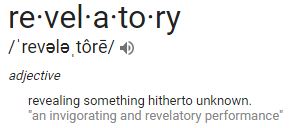Workers vs Leaders
I read another portion of the book the 21 laws of leadership and another part stuck out at me particularly strongly. This section discusses the difference between workers and leaders. This list compares good vs great vs top tier workers and leaders. Good workers are willing to help solve a problem. Great workers say to themselves how can I solve this problem. Top tier workers figure out how to mitigate future problems. Tellingly, even top tier workers are not leaders. Workers take resources, including their own time, and apply them to solving problems. This is a great and important skill to have. It is not, however, leadership. Analagously to this list of traits of workers are the traits of leaders: Good leaders, when asked, are able to pull together a team and motivate them to solve a problem Great leaders look for challenges that face your organization and pull together teams and resources to proactively solve the problems. Top tier leaders build great leaders and build
